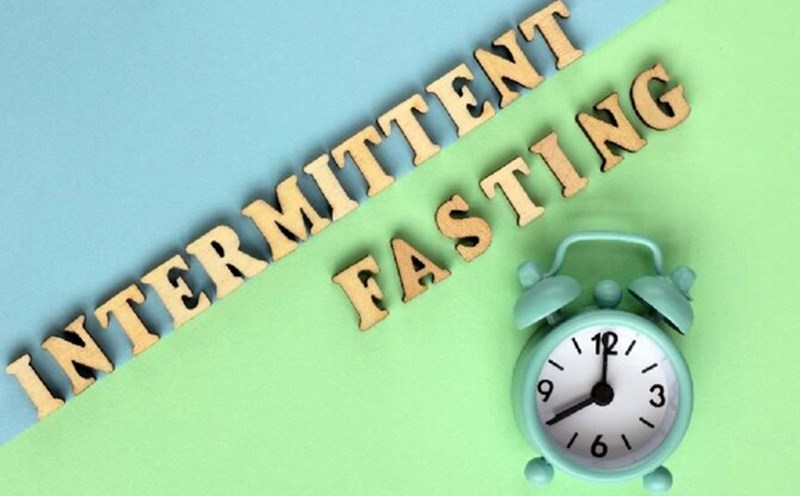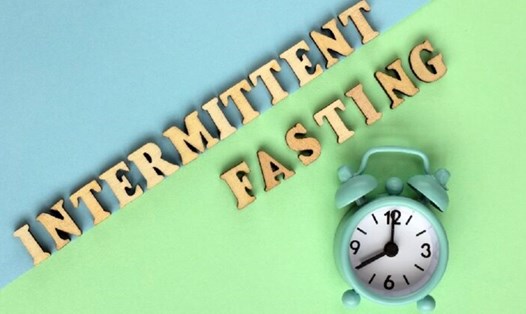Dr. Sudheer Saxena - Director of Cardiology, Max Hospital, Mohali (India) - said that intermittent fasting is an eating method in which you will have periods of not eating and eating during the day.
Studies on intermittent fasting show that it can provide many health benefits, including weight loss, improved insulin sensitivity… and a reduced risk of several chronic diseases.
However, a recent study raises some doubts about the long-term health benefits of this eating strategy.
In the study, presented at the American Heart Association's Epidemiology and Prevention/Lifestyle and Cardiometabolic Scientific Sessions, researchers looked at a group of 20,000 adults who answered questions about their diets in the 2003-2018 annual National Health and Nutrition Examination Survey (NHANES).
Researchers found that participants who practiced intermittent fasting using the 16/8 method (a popular intermittent fasting method of fasting where you fast for 16 hours and eat normally for the remaining 8 hours) had a higher risk of cardiovascular disease and death than those who did not fast or used other fasting methods.
Dr. Arun Kochar, Director of Cardiology, Fortis Hospital, Mohali (India) emphasized that people with long-standing cardiovascular and metabolic diseases may not benefit from intermittent fasting.
Sharing the same view, Dr. Rakesh Sharma - Deputy Director of Cardiology Department, Ivy Hospital, Panchkula (India) - added that prolonged fasting can lead to fluctuations in hunger hormones, such as ghrelin and leptin, which can potentially put stress on the cardiovascular system.
Prolonged fasting can lead to electrolyte imbalances, especially if adequate hydration and nutrition are not maintained. Electrolyte imbalances can affect heart function and may pose risks for people with certain heart conditions.
Additionally, fasting at certain times of the day can impact exercise performance, which is an important aspect of maintaining cardiovascular health. People who engage in intermittent fasting should consider timing their eating around their training schedule to optimize performance and recovery.









